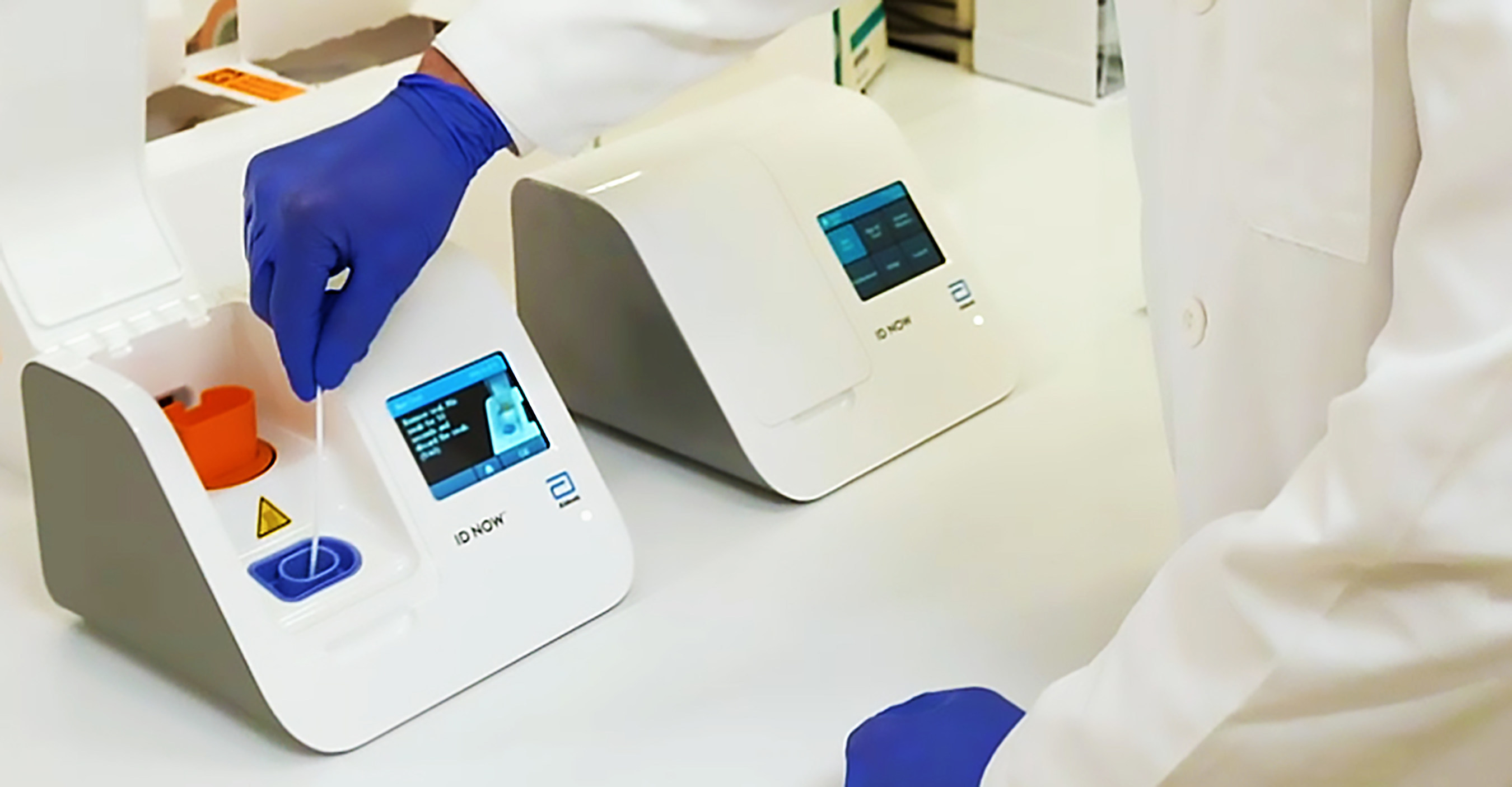Rapid Ketone Testing in Ruminant Metabolic Disorders
The rapid ketone testing of ruminants is a critical diagnostic tool used to monitor and manage metabolic disorders such as acidosis, fatty livers, and pregnancy toxemia. These conditions are prevalent among dairy cows, beef cattle, and sheep during certain periods of their life cycle, particularly in high-yielding or stressed animals.
In the context of ruminant health, ketones are a byproduct of fat metabolism. Elevated levels of ketones indicate that an animal is using more body fat than normal for energy production, which can be indicative of poor feed efficiency and stress. This condition is exacerbated during periods of reduced feed intake or increased energy demand.
Rapid ketone testing allows for quick and accurate assessment in the field, enabling timely intervention to mitigate the risk of severe health complications. The test typically involves a simple blood sample collection followed by analysis using portable kits that provide results within minutes. This immediacy is crucial as it allows farmers and veterinarians to make informed decisions about treatment and management strategies.
The primary goal of rapid ketone testing in ruminants is not only to diagnose the condition but also to monitor response to therapy. By regularly assessing ketone levels, health professionals can adjust management practices or treatment protocols, thereby enhancing the overall productivity and welfare of livestock.
There are various standards that guide the performance of these tests, including ISO 15197:2013 for glucose monitoring systems in diabetes mellitus. While ketone testing is not specifically standardized under this code, many veterinary practices follow similar protocols to ensure consistency and reliability.
| Applied Standards |
|---|
| ISO 15197:2013 (Glucose Monitoring Systems in Diabetes Mellitus) |
| Veterinary standards for point-of-care testing kits |
The application of these standards ensures that the tests are accurate, reproducible, and reliable. The use of portable diagnostic tools allows for quick results in various settings, from farmyards to veterinary clinics.
For quality assurance purposes, it is essential to consider not only the accuracy of the test but also factors such as ease of use, cost-effectiveness, and the ability to integrate into existing management practices. By adhering to these criteria, rapid ketone testing can become an indispensable part of routine health monitoring in ruminants.
Understanding the context of ruminant metabolism is crucial for interpreting test results correctly. In periods of stress or disease, such as during lactation or pregnancy, increased energy demands coupled with reduced feed intake can lead to a higher turnover of fat stores. This process produces ketones as an alternative source of energy.
The role of rapid ketone testing in preventing and managing metabolic disorders cannot be overstated. Early detection and intervention can significantly reduce the incidence of severe complications such as milk fever, lactic acidosis, and reproductive failure. Additionally, by providing precise data on fat metabolism, these tests assist in optimizing feeding strategies and enhancing overall herd health.
Applied Standards
- ISO 15197:2013 (Glucose Monitoring Systems in Diabetes Mellitus)
- Veterinary standards for point-of-care testing kits
Why Choose This Test
- Rapid results allow for immediate intervention.
- Ease of use makes it accessible to farmers and veterinarians alike.
- Cost-effective compared to more invasive diagnostic methods.
- Incorporates into existing management practices seamlessly.
- Provides precise data on fat metabolism, aiding in optimizing feeding strategies.
International Acceptance and Recognition
Rapid ketone testing is widely recognized for its role in the early detection of metabolic disorders. International organizations such as the World Organization for Animal Health (OIE) recommend routine monitoring to ensure animal health and welfare standards are maintained. Many countries have adopted these practices, integrating rapid ketone testing into their national guidelines for livestock management.
The acceptance of this test is further bolstered by its alignment with international standards that prioritize accuracy and reliability in diagnostic tools. By following these guidelines, laboratories can ensure consistency across borders, facilitating better coordination among veterinary professionals worldwide.
Moreover, the recognition from these bodies underscores the importance of rapid ketone testing in maintaining optimal health outcomes for ruminants, thereby contributing to sustainable agricultural practices.





